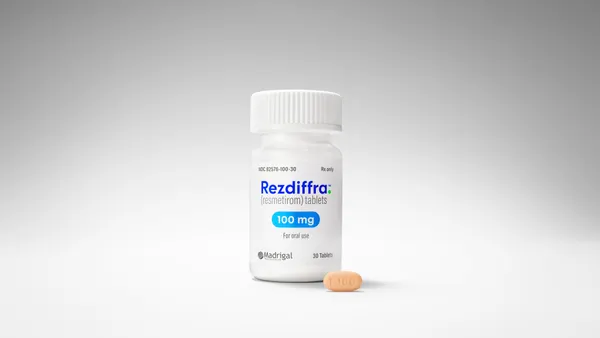Preparing the Salesforce for Physician-Centric Sales Management Jeffrey Zornitsky, Senior VP, Sales Performance Improvement Pharmaceutical companies devote significant resources each year to training their sales reps on how to detail new and in-line brands. The outcome, however, has been disappointing. Access rates have fallen, as have physicians’ ratings of reps, reducing the productivity of sales investments. While these results cannot be attributed solely to training, they do raise the question of whether current training models are effectively teaching reps to manage physician relationships. There needs to be a new framework to prepare reps to manage physician relationships and impact prescribing behavior. Transitioning from Detail Execution to Relationship Management Research shows physicians today want comprehensive and integrated solutions that help them provide the best patient outcomes. Doctors want knowledgeable, honorable reps, who provide relevant information and engage in meaningful discussions. Physicians also expect companies to offer support services, such as patient management and compliance programs, educational services, opportunities to participate in clinical trials, and training for practice staff. In addition, they want these services through their choice of channels — online, mail, events, phone, or rep visits. The right combination of services and channels depends on the physician’s preferences and the brand’s life-cycle stage. Because reps interact directly with physicians, they are in the best position to address doctors’ needs. To do this, reps must be enabled, not just trained, to execute effective details. Enablement means equipping reps with all the necessary resources, including knowledge and skills to provide physicians with the services they need to serve their patients. This is the challenge companies face as they strive to improve rep effectiveness. It involves shifting from training to enabling reps to manage the value of physician relationships. Enabling the Salesforce Enablement is different from training. Training teaches, it shares information, provides direction, and builds knowledge and skills. Enablement does all this too, but it also provides the resources to achieve defined outcomes. In this case, it prepares reps to deliver a quality physician experience, build brand commitment, and increase prescribing. If reps are expected to improve the value of their target physicians, they must have access to the full range of services required to do so, including: Training and Development, which addresses relationship building skills, product and therapeutic expertise, personal and professional conduct, message delivery, and detail execution. Access to Information and Resources around target physicians’ needs and expectations, current and potential value and brand characteristics, as well as the company’s services, such as educational, treatment and patient management programs, and channel alternatives. Performance Management and Improvement, including KPIs, rewards and development, and coaching. Reps must know how to provide a tailored experience for target physicians, adjust their personal interactions, and coordinate available services to meet doctors’ needs. They can only do this if they understand the available services and channels, and if the departments responsible for these services — marketing, market research, brand management, medical education, sales, etc. — are willing to help configure a personalized physician experience. Bridging silos to create coordinated physician experiences is a significant challenge and one that must be addressed for reps to achieve their goals. Getting KPIs Right Because KPIs are linked to rewards and drive behavior, it’s critical to get them right. At most companies, KPIs focus on reach, frequency, and sales achievement. While important, these measures alone are insufficient, because other factors also drive prescribing choices. These factors include how physicians rate the quality of the rep and support services they experience and the extent of their brand commitment. Moving Forward By definition, enablement is cross functional and involves the active participation of multiple departments committed to preparing reps to provide tailored physician solutions. Moving forward successfully requires a transition from training to enablement. salesforce effectiveness TNS Healthcare The New Model for Sales Rep Effectiveness The new model for rep effectiveness enables reps to provide physicians with the services they need, through the channels they choose, to serve patients most effectively. TNS Healthcare, New York, which is part of TNS, provides globally consistent solutions and custom advisory services to support product introductions; brand, treatment, and sales-performance optimization; as well as professional and DTC promotional tracking. For more information, visit tns-global.com. May 2007 VIEW on Sales Training
An article from


Preparing the Salesforce for Physician-Centric Sales Management
Filed Under:
Commercialization





